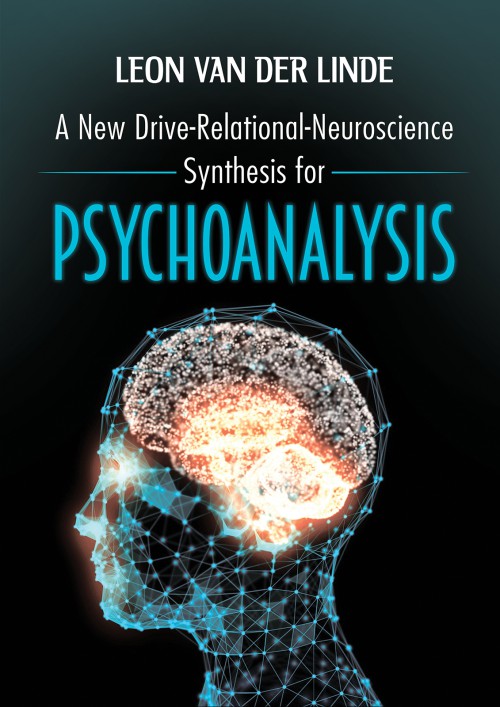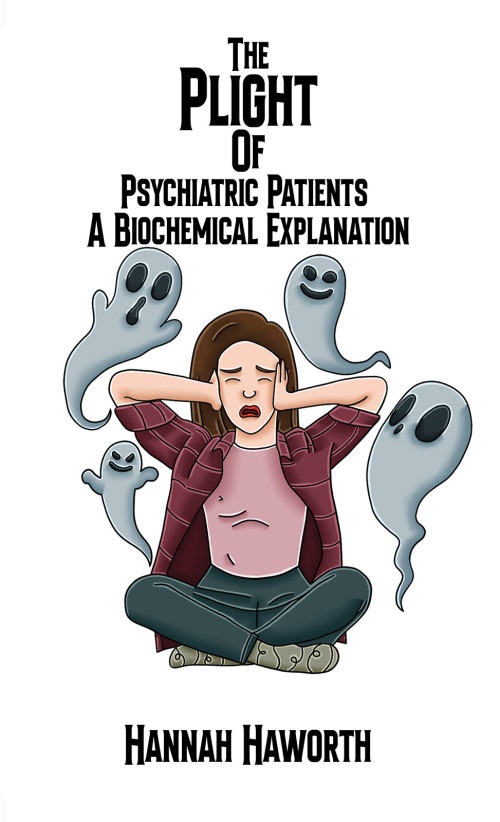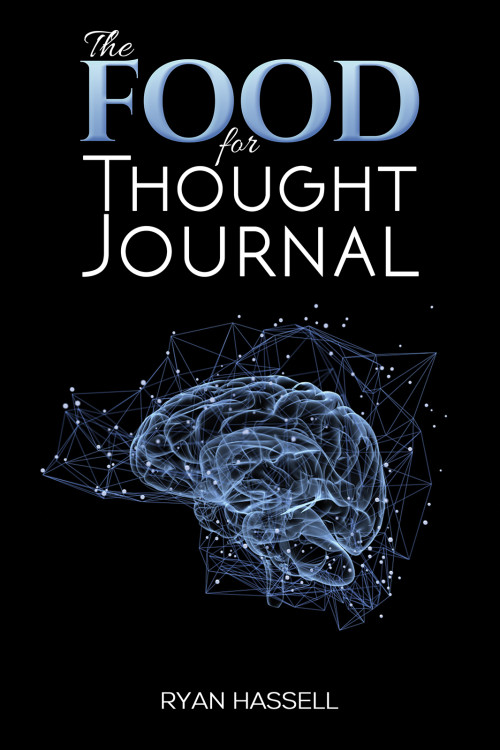This book critically examines the shift from instinctual drive theory to relational theory in psychoanalysis, based on the premise that drive formulations are incompatible with relational configurations.
It demonstrates that the original shift was misguided, based on misinterpretations and misconceptions of Freudian theory, informed by a problematic dualist social constructionist and relativist philosophical stance which sees mind as somehow disconnected from biological processes, therefore requiring a different epistemological approach. It illustrates how recent attempts at synthesis, and attempts to combine psychoanalysis and neuroscience, have inherited these earlier problems, leaving them equally unable to withstand critical scrutiny.
As a result, this book aims to make a positive contribution by presenting a new drive-relational-neuroscience synthesis that is both philosophically coherent and empirically compatible with recent developments in psychology and the neurosciences. Specifically, the new synthesis: (1) is based on a conceptually sound realist philosophy which posits mind as extended and embodied; (2) emerges from a re-examination of Freud's writings by demonstrating how instinctual drives and relational strivings constitute interlinked aspects of an overall motivational structure; (3) includes a much-needed clarification of the role of the central concepts of evolutionary theory and motivational conflict; (4) is strengthened and supported by appropriately interpreted current neuroscientific research; and (5) addresses implications for psychotherapeutic theory. In this way, the book is clearly located within the broader context of integrating psychoanalytic theory into mainstream developments in contemporary psychology, including neuroscience, evolutionary psychology, embodied/hot cognition, personality, and psychotherapy.












